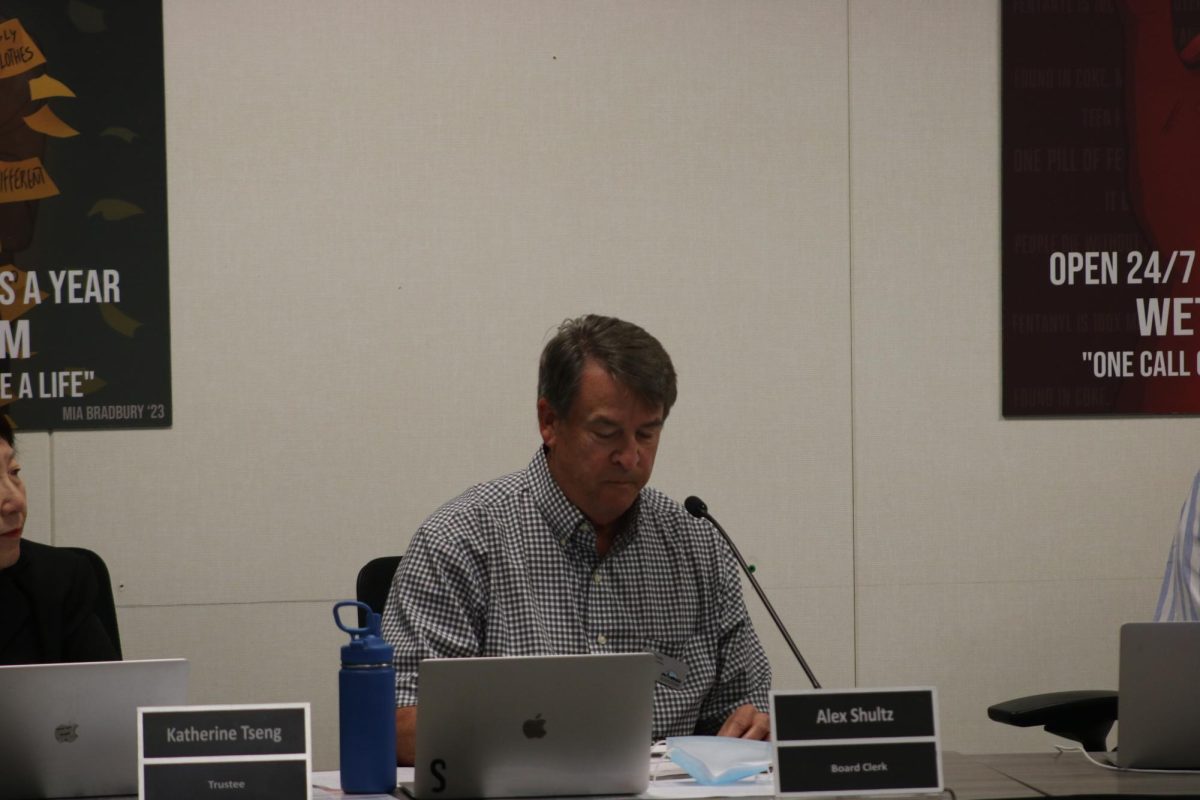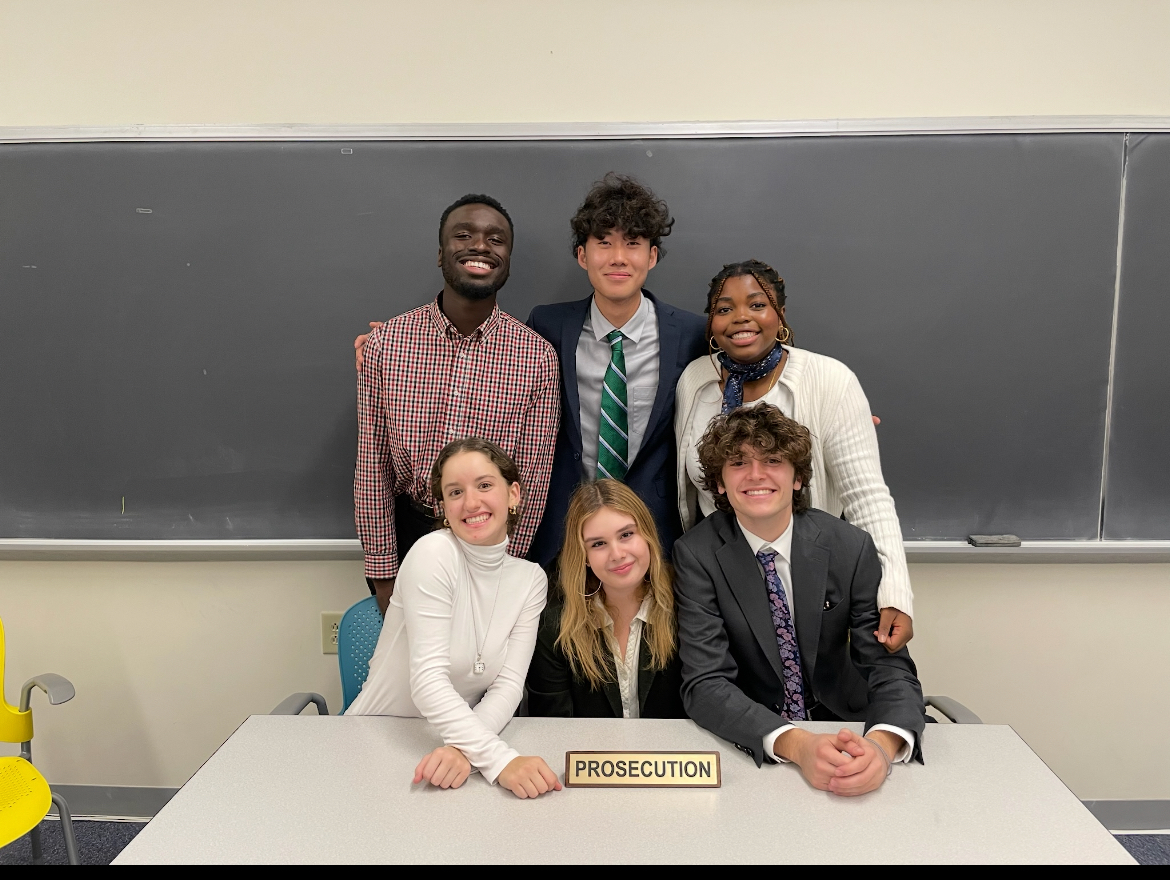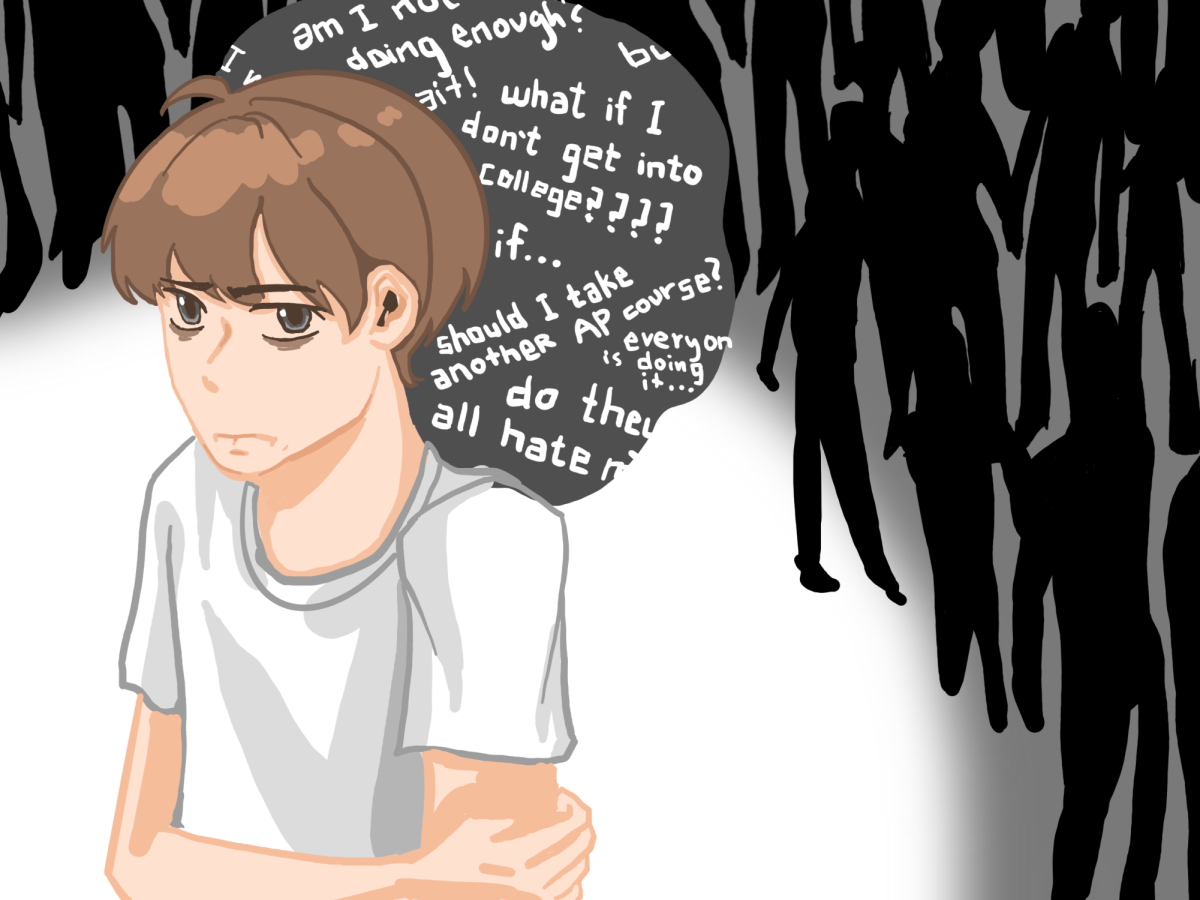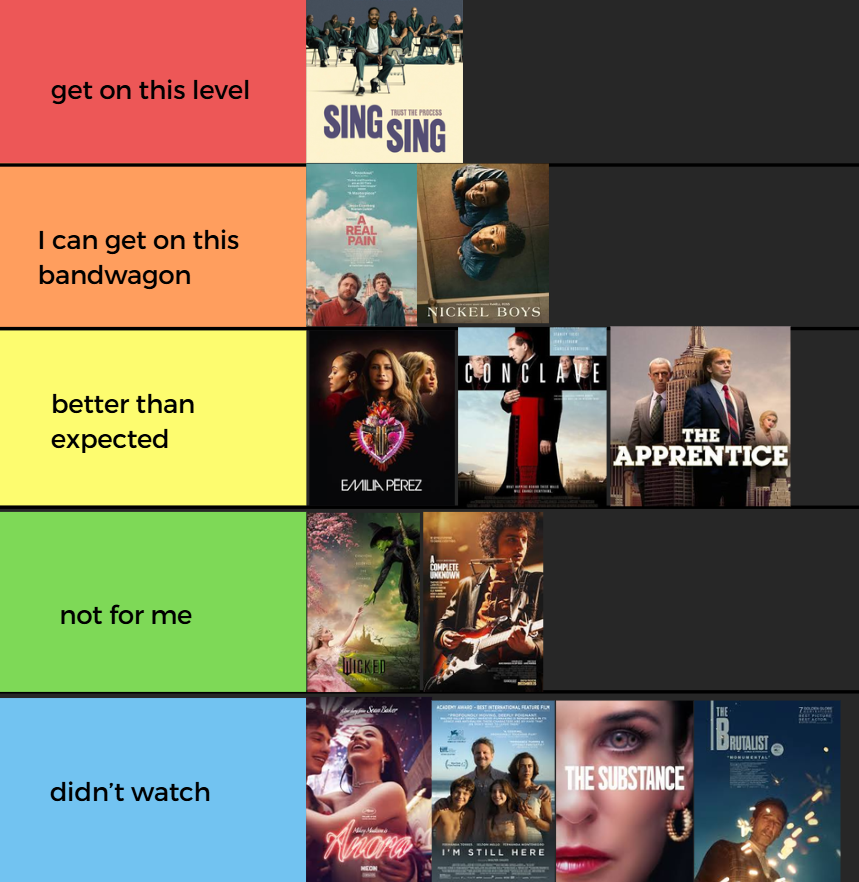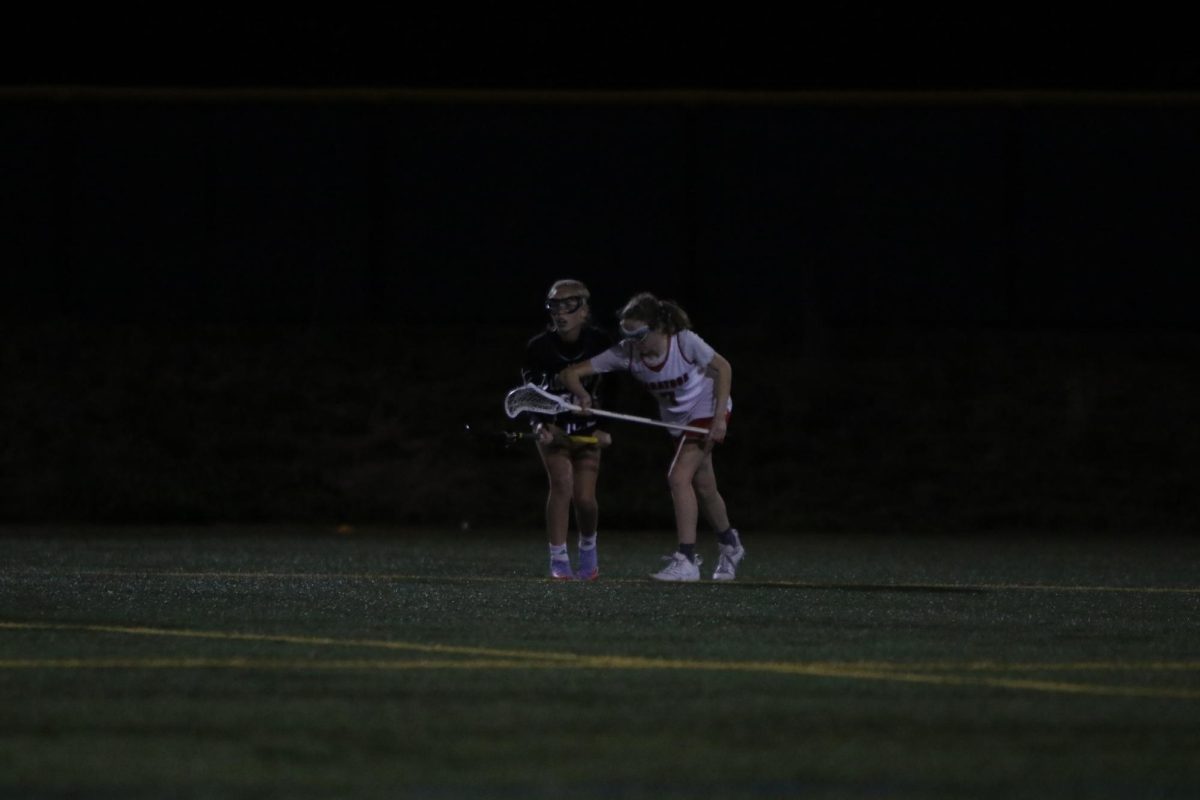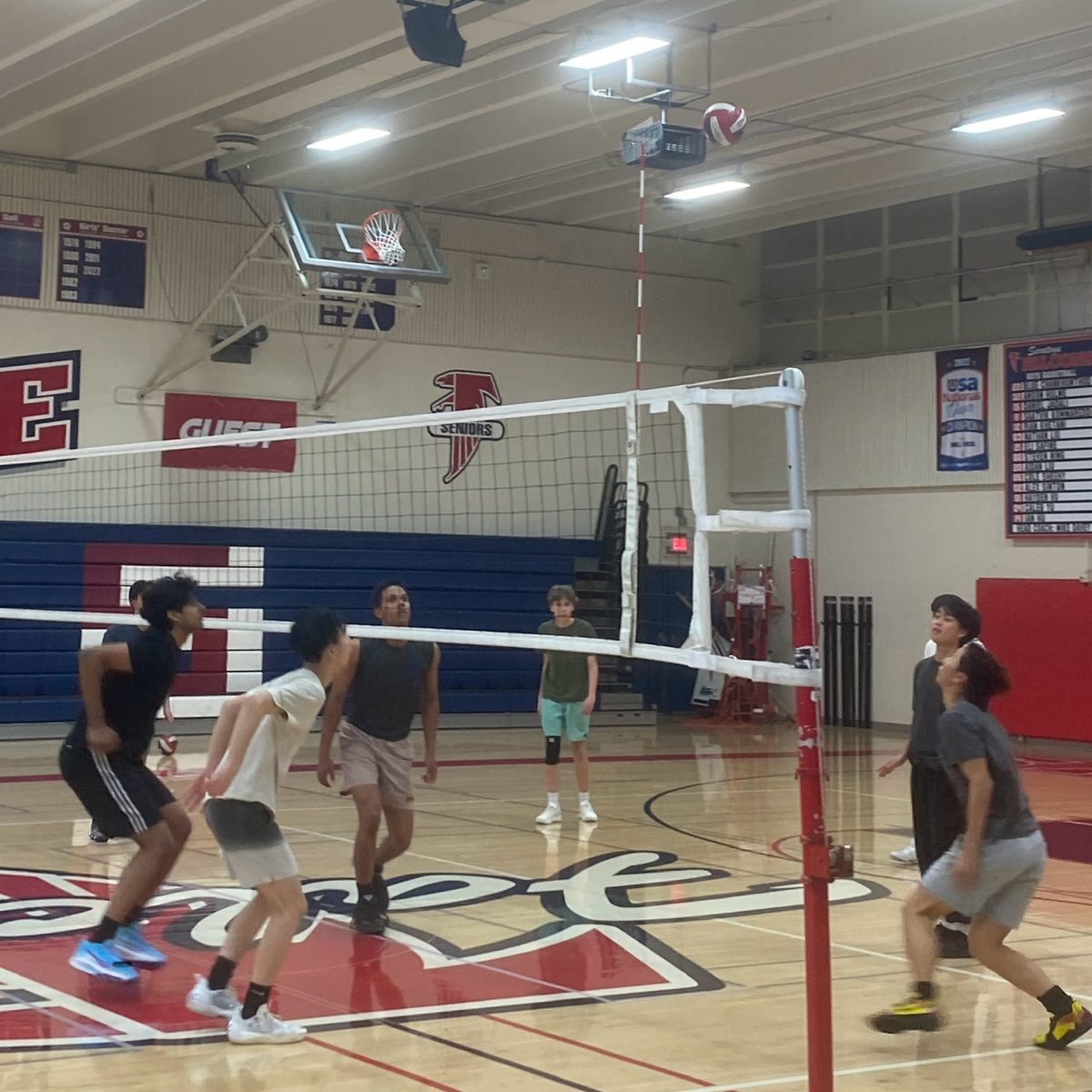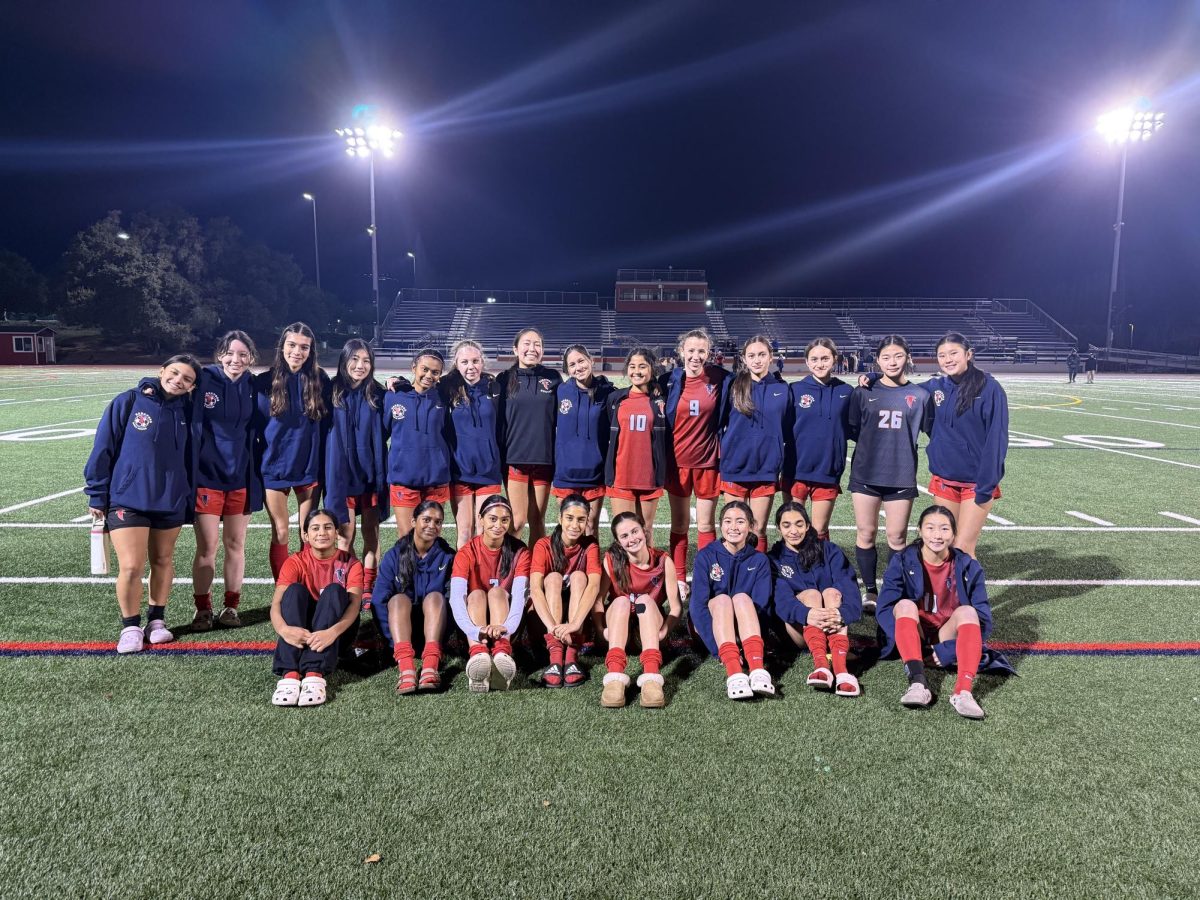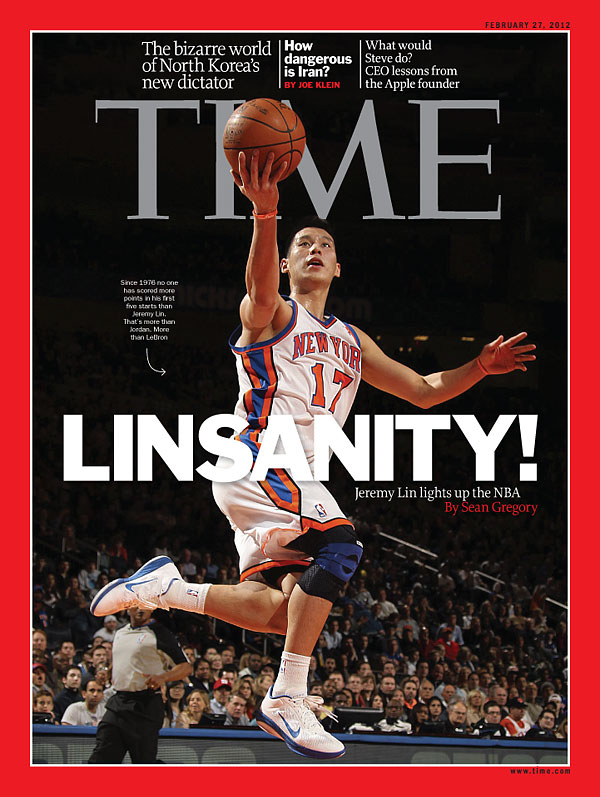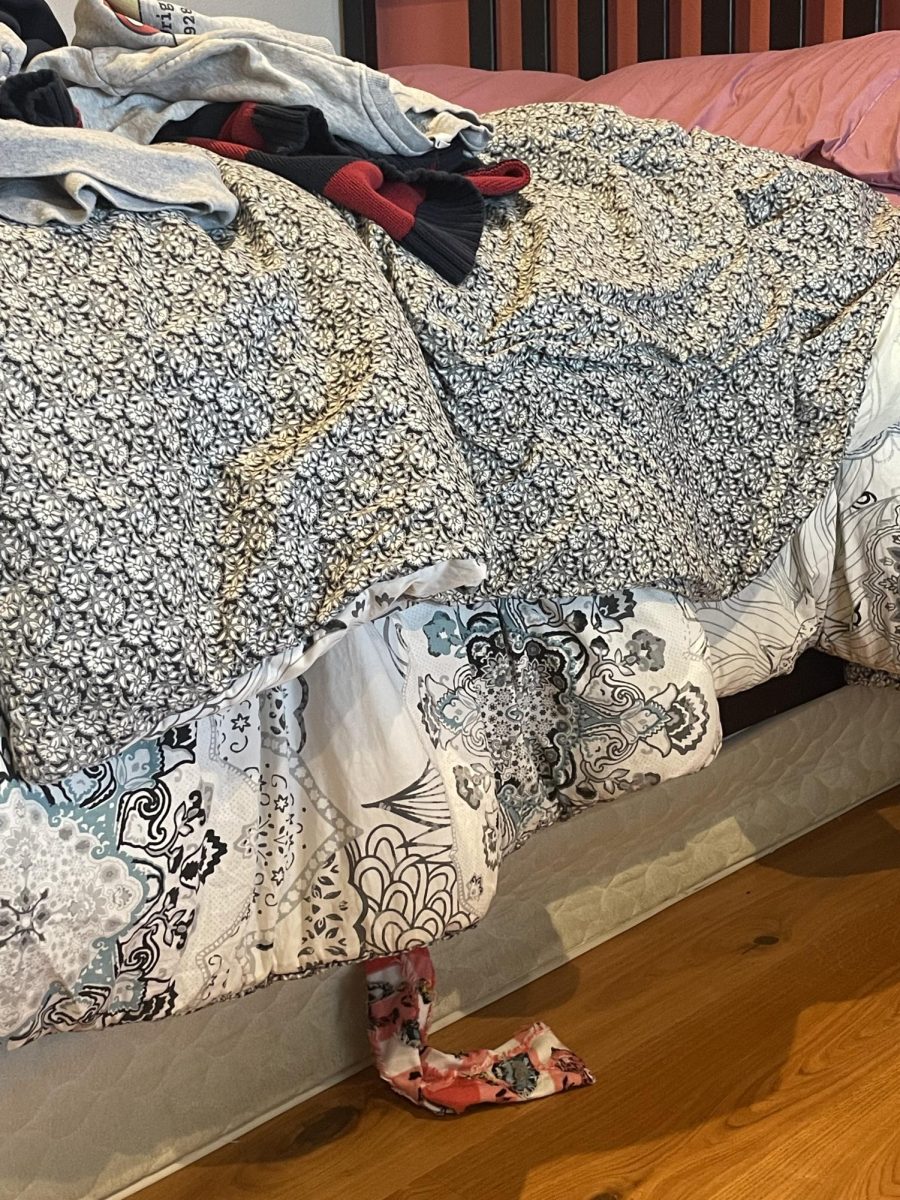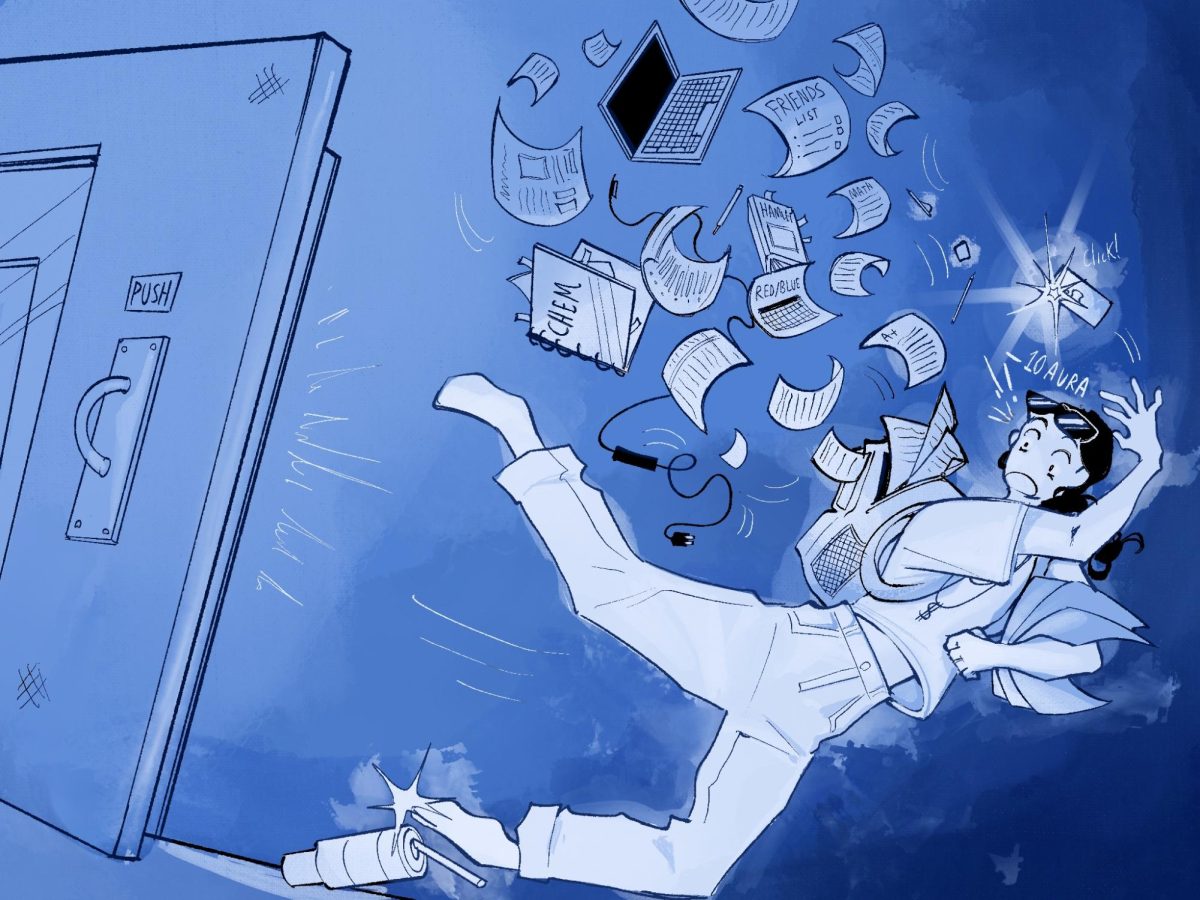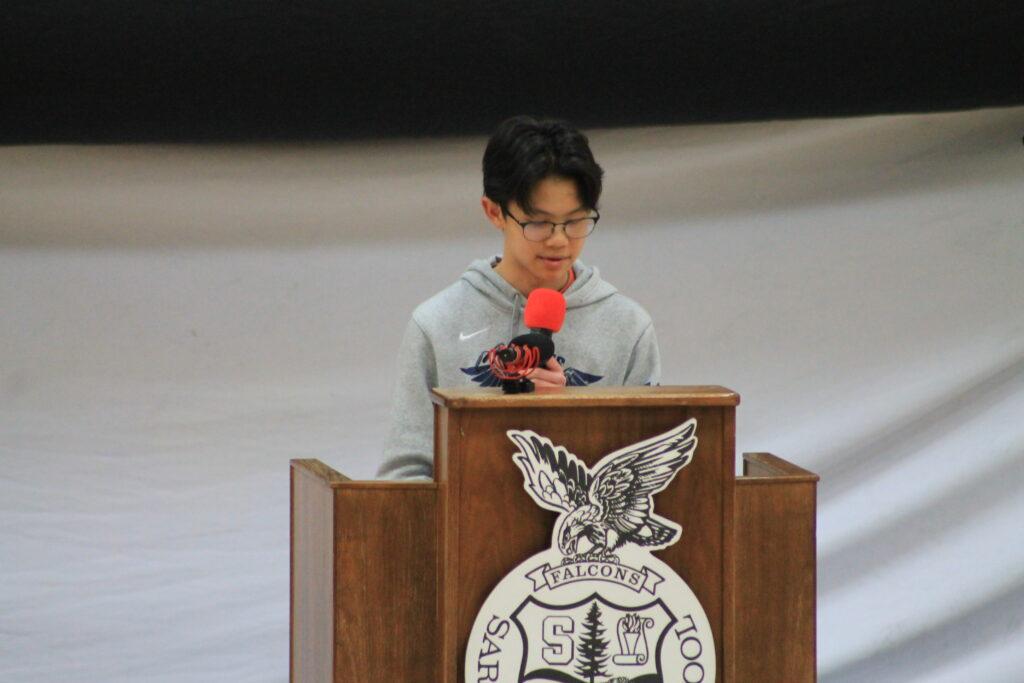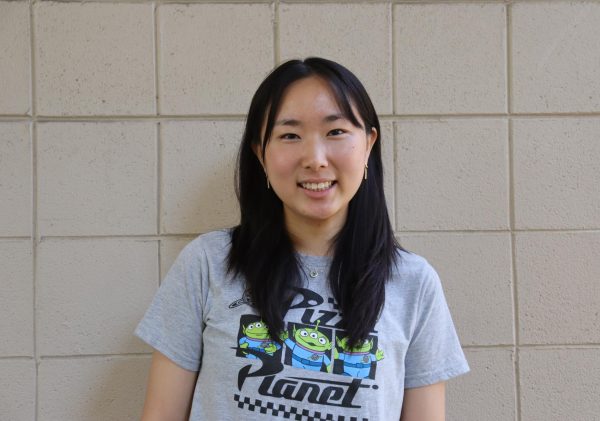Trigger Warning: This story contains mentions of anti-trans sentiment, sexual assault, body dysmorphia and suicide.
“I wish my parents knew I love them, I like them, I hate them,” said English teacher Natasha Ritchie in an introductory video at the Speak Up for Change rally on Jan. 27. The video was a compilation of teachers reading students’ anonymous responses to the following question: “I wish my parents/teachers knew…” In front of most of the school, students described tense relationships with parents, feelings of burnout they felt teachers didn’t register, and above all, the desire to be heard.
Organized by the outreach commission — which includes sophomores Caitlin Lee, Justin Choi and Kinnera Potluri as well as senior Jasmine Ispasoiu — this year’s rally theme, Moving Past, had a goal of leaving behind a culture of academic stress and negative stigma surrounding mental health.
Following a week of mental-health related activities during tutorial and lunch, the assembly served as a closing event and allowed volunteer students and staff to share their own experiences with mental health struggles.
This year’s speakers included College and Career Center Specialist Brad Ward, sophomore Timothy Leung and seniors Nidhi Mathihalli and Allison Tan.
Brad Ward: Speaking up for the trans population
Proudly showing off her skirt and sweater combo behind the podium, Ward highlighted her support for the transgender community.
As a minority in the field of education, Ward spoke about her difficulties transitioning in a society that saw her as an anomaly and liability. Unable to express herself and dress how she wanted, Ward sought to raise awareness in the district she was working in at the time. However, her efforts were met with backlash, such as her former supervisors’ concern with her appearance in a skirt. They had silenced her into becoming more apologetic of how her appearance in a skirt may impact her ability “to effectively provide outstanding college counseling services.”
Never seeing a trans person in her profession, Ward has been trying to “blaze that trail.” So far, she has visited over 300 colleges, and returned to them multiple times to stay up to date with the admissions reps and promote transgender visibility.
In addition, she has also served on the executive board of the Association for College Counselors and Admissions Reps and given presentations in nearly every national regional conference on how to counsel trans students in the workplace.
Thanking the SHS community, students, staff and parents, Ward ended her speech with an emphasis on not being a bystander by speaking out to support those minorities in need.
“Speak even if your voice trembles. Take up space. Be physical. Speak for those who have no or diminished voices. Take risks, be yourself. Support individuality and diversity. Help those who don’t have the power and privilege, and stand with us for equity, equality, and justice. Speak up for change, and don’t ever shut up,” Ward said.
Timothy Leung on sexual assault: “I am OK with being myself”
“Prior to 2020, if you had asked anyone to describe me, they would have said crazy, energetic, theater kid,” Leung said. “Which was true.”
Leung spoke about an experience at the beginning of the pandemic, when he was molested by a longtime theater director and mentor of his in a one-on-one Zoom call.
Participating in various forms of theater from second grade until the pandemic, Leung was a member of a local theater community program. He grew close with the director of the group, who was a local fifth grade teacher, even referring to him as a second father at the time.
Leung described how the strong trust he had for the director was completely shattered in spring of 2020. He had feelings of denial, believing that sexual abuse could not happen to males, and he had to suppress any and all emotions he was feeling.
Persevering through the first few months after quitting theater, Leung found his home in speech and debate. He began to speak about topics which related to his experiences, and gained courage by using his voice. He compared himself to kintsugi, a type of Japanese pottery which is made up of broken pieces glued together. Leung realized that being broken and a victim after such a trauma was all his choice, and he could pick himself up, and glue himself back together.
“There were many previous victims with this similar pain. And there would be many more, if I didn’t speak up,” Leung said. “I finally gained the courage not to be a victim, but to be a survivor.”
Nidhi Mathihalli: Body dysmorphia and accepting yourself
Mathihalli spoke about her struggles with body dysmorphia and eating disorders, as well as health issues that arose as a result. She described an incident in middle school P.E. in which she was compared to an elephant by a couple of her closest friends.
Mathihalli began to shut out friends and family as a result of growing anxiety. Her grades began to drop, she lost interest in extracurriculars, experimented with harmful diets and would only sleep two to three hours every night. During this time, she was diagnosed with insomnia, a binge eating disorder and Polycystic Ovary Syndrome (PCOS) after losing her period.
“While I’m not a celebrity, I do have a public voice, perhaps giving me public responsibilities,” Mathihalli said. “Body dysmorphia is a silent killer — our subconscious actions can heavily influence another’s mental state, as it did mine.”
At the end of her sophomore year, with the influence of her family, Mathihalli forgoed prestigious research programs to spend a summer focusing on herself and participating in activities she enjoyed, such as reading, tinkering with electronics and spending more time sleeping. Though Mathihalli hasn’t fully recovered from body dysmorphia, and her mindset often fluctuates between hating or loving the way her body looks, she has grown to accept that she is human, and is allowed to make mistakes. She has started to see “food as fuel” and learned to not revolve all her thoughts around her physical appearance. While she knows that her speech won’t “miraculously cure anybody’s body dysmorphia,” she hopes that her message will help anyone who is struggling.
Allison Tan: Changing the mental health, academic culture at school
Showing off her shirt that said “Your grades do not define you,” Tan, who advocated for better treatment of students by their parents and teachers, calling out the stress and suicide rates of all teenagers starting as early as elementary school.
“No child should have to go to school wondering why your friend’s seat is empty when their friend ended their life due to stress,” Tan said.
She recounted various pressuring comments questioned by peers and guardians such as “Why can’t you be more like ‘blank’ who does ‘x, y, z’, and maintains a 4.5 GPA? Why aren’t you applying to more schools? Why’d you get deferred from the school when I provided all the perfect resources for you?”
Tan called for change in how parents, teachers and students approach the balance between academics and mental health. She emphasized the importance for people to speak with more mindfulness, and to “foster a culture of comfort, solidarity and empathy starting at home and academic settings.”
She hopes for the community as a whole to overcome the mental health stigma and combat the toxic academic culture.
“When prioritizing academic achievement over our mental health, we fail to protect our students and our faculty from other prevalent issues such as rape culture, racism, ableism, and more,” Tan said.
With the gathered experiences shared from Leung, Mathihalli, Tan and Ward, along with the supportive cheers from students, the four speakers have created an even more welcoming and inclusive environment in terms of coping with trauma, and healing from the past.
“We hope speaking up for change can inspire meaningful conversation and that you’ll all find solace in the fact that we’re not alone,” Potluri said.

